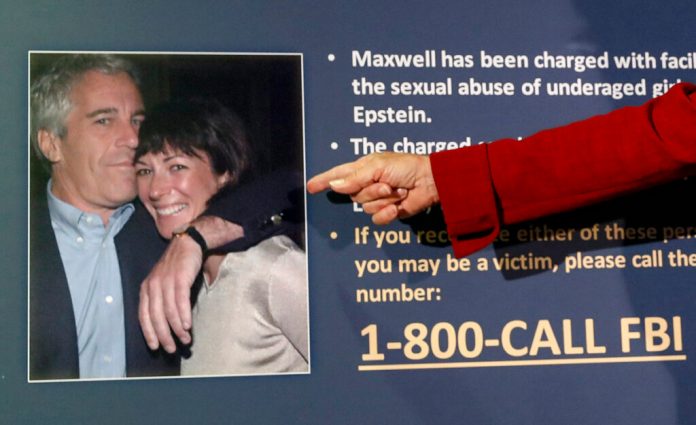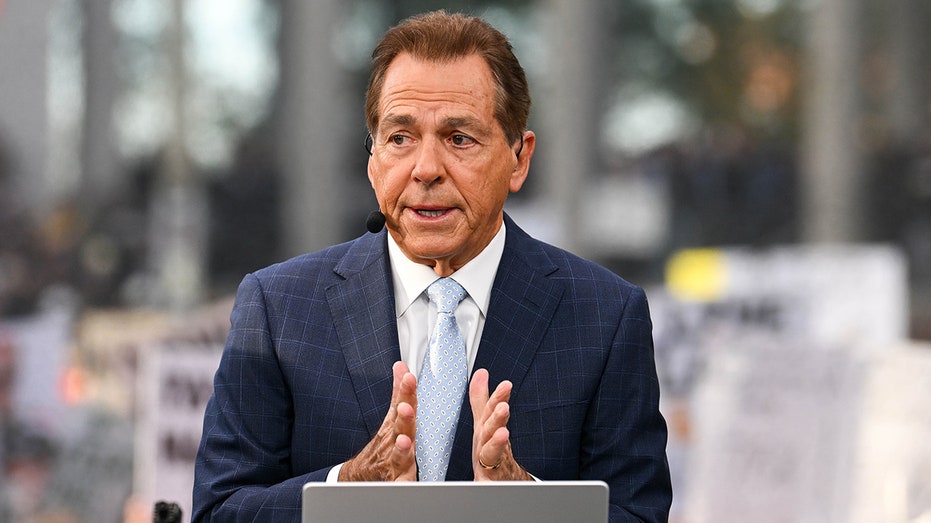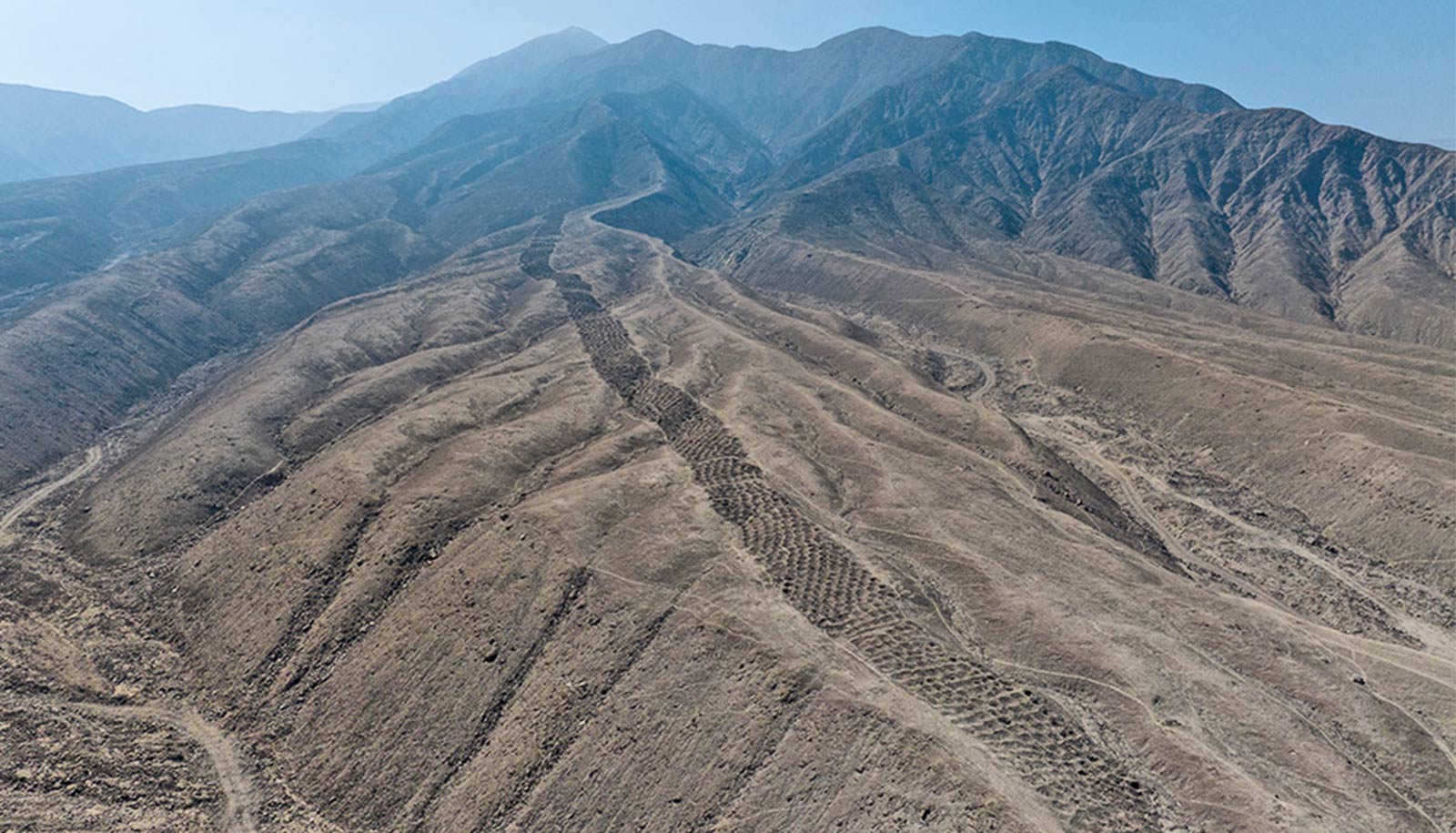The department now contends that those requests must be renewed and that the statute permits the release of material traditionally shielded under strict grand jury secrecy rules. Engelmayer responded promptly to Clayton’s request on Monday evening, acknowledging that the statute sets a tight 30-day deadline for the department to release more Epstein-related records to the public. He ordered attorneys for Maxwell to respond by a Dec. 3 deadline and ordered the government to file any subsequent responses by Dec. 10. On Friday, the department renewed a similar effort in South Florida, a jurisdiction where Epstein committed many of his crimes. Similar to the grand jury records in New York, the department previously failed to unseal transcripts from his 2007 prostitution case earlier this year. U. S. District Judge Robin Rosenberg, an appointee of former President Barack Obama, denied that request in July and said her “hands [were] tied” because the department made the request solely in response to “extensive public interest,” not for use in a judicial proceeding. On Monday, she transferred the matter to U. S. Judge Rodney Smith, a Trump appointee, who will now consider the latest grand jury records request. U. S. District Judge Richard Berman, who oversaw Epstein’s 2019 criminal case in New York, also previously rejected a similar request made by the DOJ in August. He concluded at the time that the department already held 100, 000 pages of investigative files that “dwarf the 7-odd pages” of grand jury transcripts. The 2019 case does not yet have a request from the department to unseal the grand jury filings. In a submission to the Florida court on Friday, department lawyers informed the court that “public production of the grand jury material is therefore required.” They requested that the court lift protective orders, which they claim would otherwise block disclosure under the new law. Although the Epstein Files Transparency Act clears the way for the department to release any Epstein-related materials in its possession, the text of the statute notably does not specifically mention grand jury materials. It is also unclear what records the DOJ plans to release or withhold as Attorney General Pam Bondi continues to stress the need to protect victims and avoid interfering with active investigations. At Trump’s direction, Bondi recently assigned Clayton in New York to open a new investigation over Epstein’s alleged contacts with prominent Democratic political and financial figures, including Bill Clinton, Larry Summers, Reid Hoffman, and J. P. Morgan executives, which could complicate efforts to publicly release additional files due to long-standing department procedure. Prior efforts to unseal grand jury filings in the related cases followed public backlash from the DOJ’s two-page memo release after the July Fourth weekend, which signaled the department was wrapping up all efforts to release additional files related to the case. In addition to the failed efforts to release grand jury transcripts in July and August, the department sought to provide additional public closure through the release of transcribed interviews between Deputy Attorney General Todd Blanche and Maxwell. The grand jury records that the department seeks to unseal represent only a narrow part of the overall number of files that the department could release. While the actual file count in the department’s possession is unknown, Bondi has touted the release of over 33, 000 files to the House Oversight Committee and has pledged to follow the statute’s guidance to release more records within the next month. EPSTEIN FILES LIKELY TO BE INCOMPLETE DUE TO ACTIVE DOJ INQUIRY IN NEW YORK The Epstein grand jury heard from one FBI agent during two sessions in June and July 2019, supported by a PowerPoint presentation and a call log. Jurors voted to indict Epstein on July 2 with one count of sex trafficking of minors and one count of conspiracy to commit sex trafficking of minors. He was arrested days later and was found dead in a Manhattan federal jail in August, which authorities ruled a suicide. The coming weeks will determine whether the new law can override long-standing secrecy protections and whether judges in New York and Florida believe Congress intended it to apply to grand jury materials at all.
https://www.washingtonexaminer.com/news/justice/3897597/doj-epstein-maxwell-grand-jury-records/
DOJ renews fight for Epstein and Maxwell grand jury records




